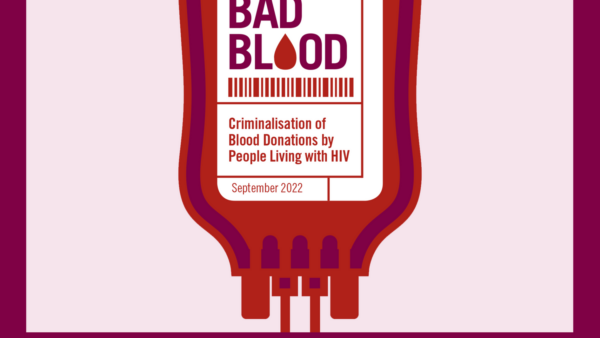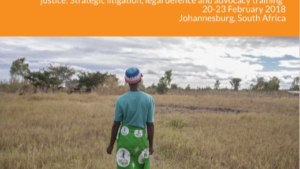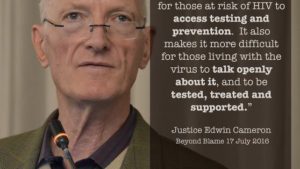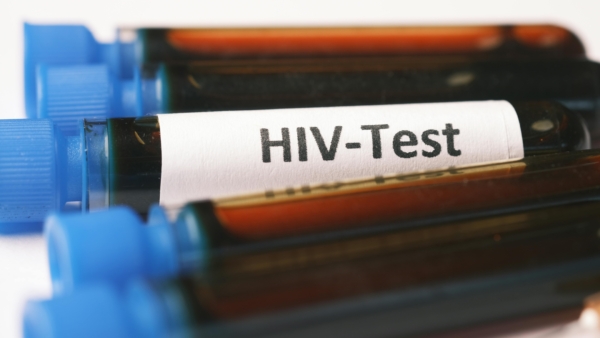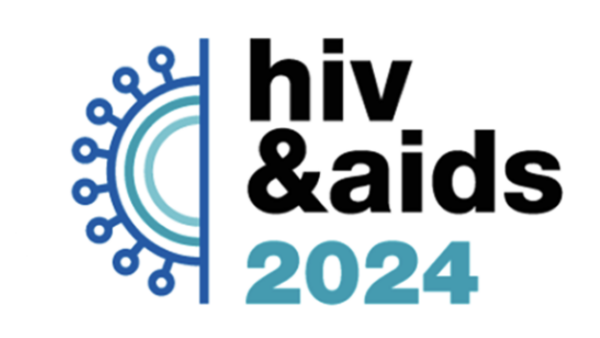Overview
There are no longer any HIV-specific criminal laws in Australia, with the only HIV-specific law in Victoria repealed in 2014. However, each of the eight states and territories have general criminal laws which could be applied to people living with HIV, and cases continue to be prosecuted, typically through general criminal laws such as assault, causing injury or bodily harm, and endangering life.
There have been more than 50 HIV cases across Australia under general laws and the now-repealed HIV-specific law. There has been at least one case in each state and territory, however more than a third of cases have occurred in Victoria. Cases relate both to alleged ‘exposure’ and transmission, the vast majority through unprotected sex – no person has been prosecuted under general criminal laws when a condom has been used – however cases involving spitting and biting have also been prosecuted. There has also been at least one case involving a blood donation by someone living with HIV who failed to disclose their status.
All jurisdictions also have public health laws which generally require people to take reasonable precautions to prevent HIV transmission. Penalties under public health laws are usually far lower than under criminal laws, and many public health acts include privacy protections so defendants cannot be publicly named. Individuals are rarely charged with public health offences.
States and territories have formal public health management guidelines for health departments working with people who put others at risk of HIV infection. These guidelines require that interventions be as supportive as possible, and that the least invasive, effective interventions be used.
More information is available on the following states
Further resources
This resource by the Australasian Society for HIV, Viral Hepatitis and Sexual Health Medicine (ASHM) aims to provide health care workers with information on legal and ethical responsibilities under various laws and regulations related to human immunodeficiency virus (HIV). It does not contain legal advice. Originally authored by Sally Cameron it was updated in 2019 by Michael Frommer
Reports that following the high profile prosecution of an HIV positive sex worker (no transmission), sex workers became fearful of HIV testing for HIV. In the four-week period following the court case, attendance at the sex worker outreach medical service dropped from an average of 40 per night to three.
Addresses the criminal prosecution of people who transmit HIV in Australia. Examines the legal, moral and ethical justification for laws criminalising HIV transmission and the impacts of criminalisation on people with HIV.
Audit revealing that mandatory testing laws are at odds with national HIV testing policy and are operating outside the structured and highly successful HIV responses managed by clinicians and departments of health. The audit found that in many instances, the laws, their implementation, and monitoring include numerous structural failures, usually occurring in multiple states.
Clarifies that recklessness regarding HIV transmission risk is not the same as intention to transmit HIV. This ruling means that if people are convicted of having sex without disclosing their HIV status, they will be convicted of lesser charges with lower penalty.
Webpage from the Australian Federation of AIDS Organisations (AFAO) on how the law may affect people living with HIV in light of their HIV status.
Acknowledgements
Our thanks to Australian law firm Hall & Wilcox for their research assistance to confirm current relevant legislation.
HIV Justice Network's Positive Destinations
Visit the Australia page on Positive Destinations for information on regulations that restrict entry, stay, and residency based on HIV-positive status, as well as access to HIV treatment for non-nationals.






